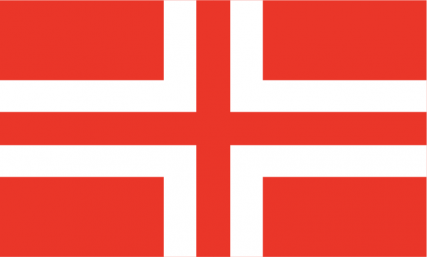Hindia Belanda wrote:Question: Does your government fund the arts? And, if so, is arts funding given with 'no strings attached'?
Funding for the arts is normally through patronages as well as commercial revenues.The Government does not normally itself fund the arts, though it provides financial support to certain cultural institutions. More widely, the Royal Carolinian Society is a significant benefactor and funder of the musical, performing and decorative arts. Patrons usually require that the artist produce a number of piece for the patron. Important patrons include the Archbishop of Sulthey and the Duke of Limmes (the Lord High Treasurer), both of whom annually give over £40,000 for artists.
Question: What are the railways like in your country? Is it isolated or is it part of a wider network? What gauge, motive power, and coupling systems are used?



